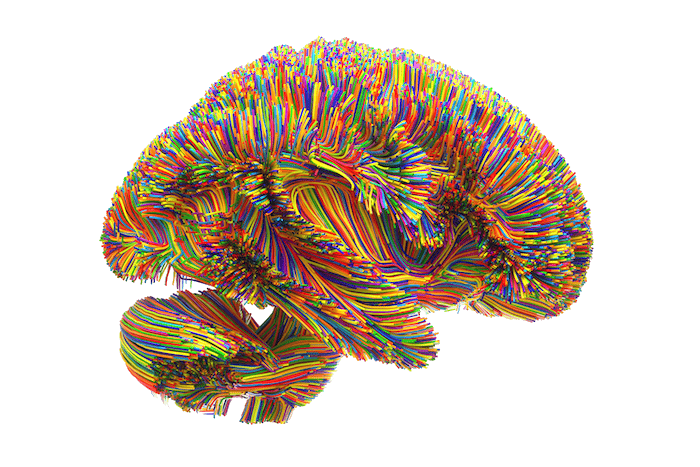In an era when artificial intelligence (AI) is revolutionizing industries across the globe, the health-care sector stands at a pivotal juncture. At ideas42, we are championing a nuanced approach to this better future of healthcare that marries the capabilities of AI with the intricacies of human decision-making. Our focus is on both harnessing the power of AI to improve health-care delivery and outcomes and on doing so with a keen eye toward equity and ethical considerations. This commitment most recently includes helping to cofound the newly launched Coalition for Health AI (CHAI) that is guiding the development of responsible and trustworthy AI systems.
AI in healthcare sparks both excitement and concern. We believe that AI can work for human benefit, particularly in aiding underserved communities. Adopting a mental model of AI tools are developed by humans, for humans helps us to understand our agency and responsibility in managing health-care AI to this end.
This mental model allows us to see that AI tools are sensitive to the same factors that affect human decision processes, such as ambiguity and uncertainty. This can result in AI tendencies such as overconfidence or attribution errors. This is especially evident with the rise of generative AI (GenAI) and large language models (LLMs).
This human decision-making mental model also highlights that the choice architecture and context when interacting with health AI tools can result in common behavioral tendencies such as automation bias, choice fatigue, and ambiguity aversion. These tendencies can affect how effectively these AI tools are used or implemented, as well as the downstream impacts they have on the burden placed on clinicians or other end-users, outcomes for patients, and trust.
Our duty, therefore, is to create solutions that address these issues, ensuring health AI products, along with their governance and deployment, are not only innovative but also effective, trustworthy, and beneficial. As a founding partner of CHAI, ideas42 is excited to help do just this by bringing our human decision-making perspective to help shape industry standards throughout the AI lifecycle—from planning to deployment to monitoring. We fully support CHAI’s collaborative effort to establish a national network of assurance laboratories to assess and enhance the performance, safety, fairness, usability, and implementability of health AI/machine-learning tools.
We have spent the past several years immersed in this emerging AI landscape. This includes:
- Using AI tools to better understand problems in health or to design personalized solutions. We use AI as a tool to help understand behaviors better, using behavioral science to understand potential challenges with GenAI, and designing specific solutions to shift behaviors.
- Auditing algorithms and guiding AI governance for organizations. We advise health partners on tools and processes for health AI governance, conducting audits of health AI and machine learning tools to check for unintended inequities or bias, and designing mitigation strategies to address bias in health AI tools or processes.
- Building U.S. health-care AI industry standards and guiding improvements in the management ecosystem. We are leading the development of standards for responsible and trustworthy design and use of AI in healthcare, most recently cofounding and continuing to advise the newly formed CHAI.
Going forward, in addition to creating and evolving the emerging standards with CHAI, ideas42 is excited to expand our work with health systems, providers, and payers to assess their AI transparency, governance, and effectiveness. We will continue to pursue the creation of new solutions, such as:
- Representative data collection: developing methods and tools for collecting gold-standard sociodemographic data, as well as accessible strategies for the development and use of representative datasets.
- AI transparency tools: creating effective transparency tools to optimize trust and effective use of AI tools, such as better model cards and educational messaging.
- AI integration and implementation processes: facilitating user and patient-centered AI design tools and processes to improve value, deployment, and monitoring, and to maximize the usability and scalability of AI tools into clinical and administrative workflows.
- AI governance: creating tools and AI governance processes that are adaptable to differently resourced organizations and use cases.
This new healthcare AI world will be what we design and lead it to be. Through CHAI, we are setting the course for a future where AI enhances every aspect of healthcare, making it more equitable, effective, and human-centered. But this is a journey we cannot undertake alone.
We invite you to join us in this vital endeavor. Whether you’re in healthcare, technology, policy, or simply share our passion for equitable innovation, your expertise, needs, and insights are invaluable. Reach out to us about collaboration possibilities at info@ideas42.org.



